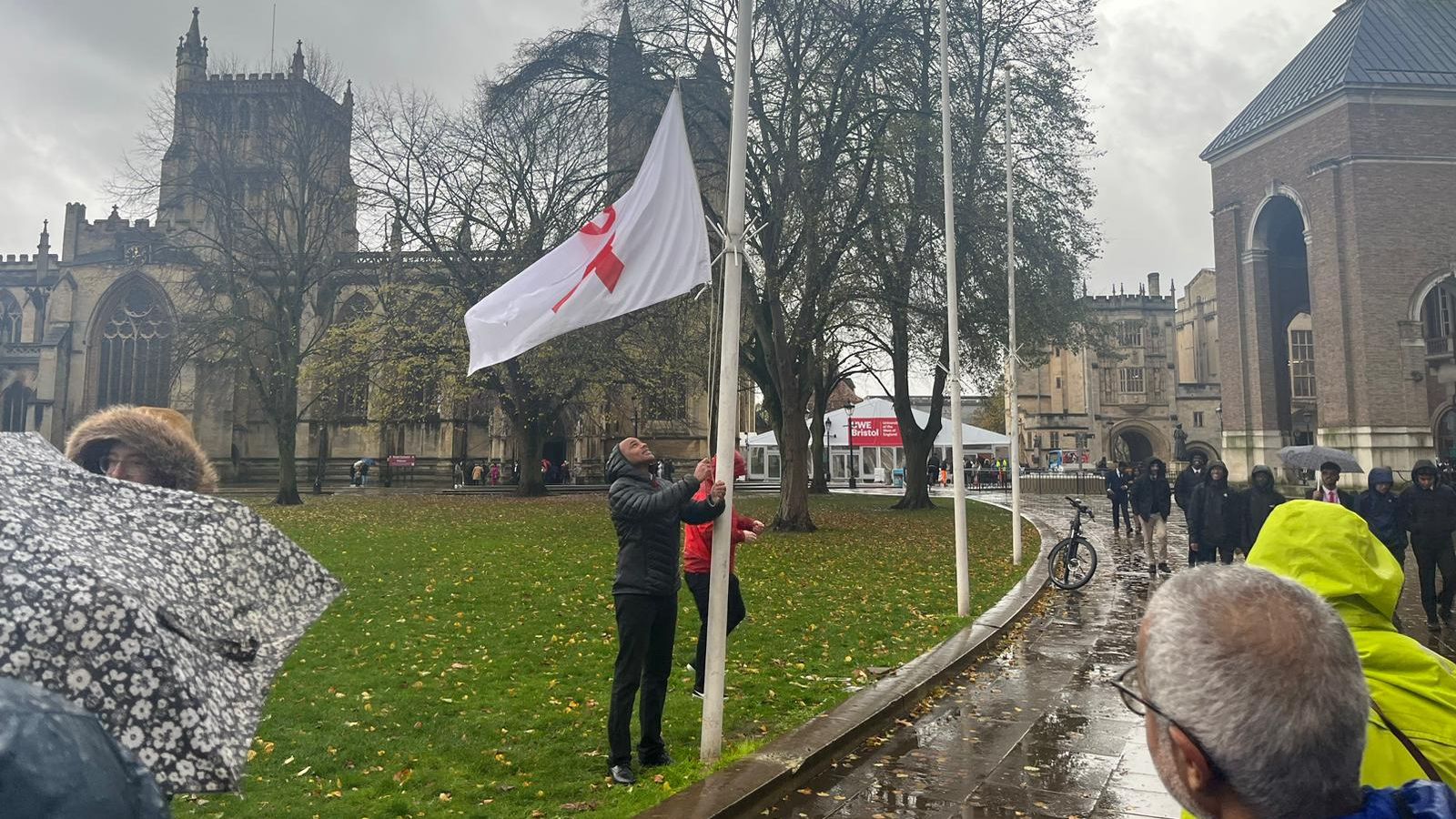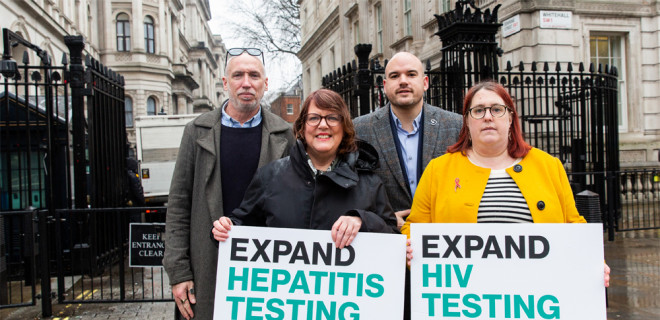
This World AIDS Day, I will be thinking about what HIV in Bristol could look like in 2030.
On 1 December in eight years’ time, I want us to be able to come together as a city to celebrate a year where that has been no new HIV transmissions here – or anywhere in the country.
This might sound like a pipe dream, but it’s achievable. Medical advances mean that people living with HIV on effective treatment can live long, healthy lives and can’t pass on the virus to others. We also have PrEP (pre-exposure prophylaxis), the prevention pill that stops people acquiring HIV. These remarkable advances put ending new HIV transmissions within reach.
The science can only take us so far, though. This game-changing treatment and prevention only reaches people who know they are living with HIV or think they could be at risk. The collective memory of the AIDS crisis in 1980s means that many gay and bisexual men are often proactive about getting tested and protected. Even then, with our sexual health services at breaking point from government cuts, many people wait months to get on PrEP and even more don’t know they could benefit from it.
To get to zero, we need to also reach another group – people who don’t know they have HIV. It’s estimated that 4,400 people in England are ‘undiagnosed’, meaning they are living with untreated HIV that is damaging their immune systems and could be unknowingly passing on the virus. We can only find these people through HIV testing all across our healthcare system. Whenever someone in Bristol has blood taken, they should be tested for HIV. It has to become normal. That’s the only way we can break the stigma of HIV and get everyone on treatment.
Quote textIf the Health Secretary acts now, we could be up and running with opt-out by the spring.
Routine HIV testing is already happening in hospitals in London, Manchester, Blackpool and Brighton. Government funding for this ‘opt-out’ testing has supported these areas to test everyone who has their blood taken in emergency services in very high prevalence areas. The results have been phenomenal. In just 100 days, 128 people have been newly diagnosed with HIV and a further 63 were found who had been lost to care and could be brought back on to life-saving treatment. Many were already unwell but hadn’t been offered HIV tests elsewhere.
It’s no coincidence that people diagnosed through opt-out testing are disproportionately likely to be Black Africans, women or older people. All are less likely to feel that sexual health clinics are for them or to even be offered a test if they get to one. In the first trials of opt-out testing, 54% diagnosed with HIV were Black African, Black Caribbean or Black ‘other’, more than twice as many as the nationwide average of 22%.
So we know that opt-out testing works. It’s combatting health inequalities. It’s recommended by the experts (NICE, the British Association of HIV and the British Association of Sexual Health and HIV). It’s also saving millions of pounds. In fact, the £2 million spent so far on opt-out has saved the NHS between £6-8 million in costs.
That’s why the Government can’t stop here. Bristol is one of 29 places with a high prevalence of HIV that could benefit from the scheme. In February this year, I wrote to the Health Secretary Sajid Javid to ask for the funds to bring opt-out testing to Bristol. In October, I wrote again to the new Health Secretary Steve Barclay to ask for the money to start the scheme. In Bristol we are ready to get going. The Council and our hospitals have come together to make sure we have laid the groundwork. We have a business case agreed.
So why the delay? I think the four changes of Health Secretary this year might have something to do with it, but we’ll keep making the case for Bristol until we get a response.
It’s not too late – if the new Health Secretary acts now, we could be up and running with opt-out by the spring. Not just in Bristol, but across the country – from Birmingham to Milton Keynes, Liverpool to Southend. Every day that goes by is another wasted opportunity to find people living with HIV in these cities.
On World AIDS Day we stop to remember those who have lost their lives to AIDS-related illness. Many of those people – who died before there was even a test for HIV, let alone treatment – couldn’t have dreamed of ending new transmissions even being a possibility. We owe it to them to seize this opportunity now.
Marvin Rees is Mayor of Bristol.



